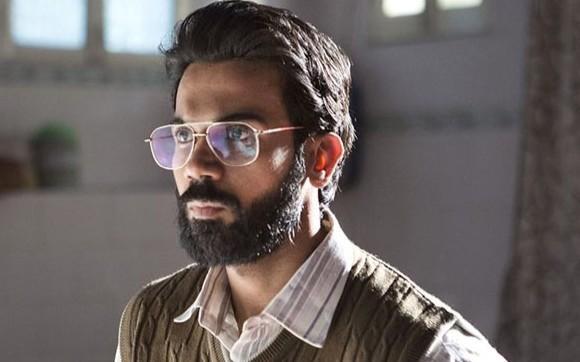
Maybe I’d be Boycotted: Hansal on If He Released ‘Omerta’ Today
Seven years have passed since the release of Hansal Mehta’s critically acclaimed film, ‘Omerta’. The movie, based on the life of the British-born terrorist Ahmed Omar Saeed Sheikh, was a thought-provoking and intense portrayal of the complexities of terrorism and its impact on individuals and society. In a recent interview, Hansal Mehta reflected on what would have happened if he were to release ‘Omerta’ today, and the response was not exactly optimistic.
In an interview with a leading entertainment portal, Hansal Mehta expressed his thoughts on the current climate of censorship and the increasing scrutiny of filmmakers. He stated, “Maybe, I wouldn’t be allowed to release it…Maybe I’d be labelled, boycotted…dissected on prime-time panels.” This statement raises several questions about the current state of freedom of expression in the country and the role of filmmakers in telling complex and provocative stories.
‘Omerta’ was a bold attempt to explore the life of Ahmed Omar Saeed Sheikh, a man who was convicted of kidnapping and murdering American journalist Daniel Pearl in 2002. The film was praised for its nuanced portrayal of Sheikh’s character, highlighting the complexities of his motivations and the societal factors that contributed to his radicalization. However, the film’s release was not without controversy, with some critics accusing Mehta of glorifying terrorism.
In hindsight, it’s clear that the release of ‘Omerta’ was a calculated risk. Mehta has always been known for his willingness to take on challenging subjects and push the boundaries of what is considered acceptable in Indian cinema. However, in today’s climate, it’s unlikely that a film like ‘Omerta’ would be given the same level of creative freedom.
The Indian film industry has always been subject to censorship and scrutiny, but in recent years, there has been a growing trend towards self-censorship. Many filmmakers have opted to tone down their stories or avoid controversial subjects altogether, fearing backlash from audiences and critics. This is a worrying trend, as it stifles creativity and limits the kind of stories that can be told.
Mehta’s comments on being “labelled, boycotted…dissected on prime-time panels” are a stark reminder of the risks involved in making a film like ‘Omerta’ today. In an era where social media has become a powerful tool for mob lynching and online harassment, it’s not hard to imagine a scenario where a filmmaker like Mehta would be subjected to intense scrutiny and criticism.
However, Mehta’s statement also highlights the importance of filmmakers continuing to push boundaries and take risks. As he said, “But I do know this: it’s precisely because it’s become harder to make such films…that we must keep trying.” This is a sentiment that resonates with many filmmakers and artists who believe that their work has the power to challenge societal norms and spark important conversations.
In recent years, there have been several instances where filmmakers have been targeted for their work. From the controversy surrounding Sanjay Leela Bhansali’s ‘Padmaavat’ to the online harassment faced by filmmakers like Aparna Sen and Leena Yadav, it’s clear that the climate for creative expression is getting increasingly hostile.
Despite these challenges, Hansal Mehta remains committed to making films that challenge and provoke. His latest film, ‘Scandal Sheet’, is a timely reminder of the importance of a free press and the dangers of censorship. As Mehta’s career continues to evolve, it will be interesting to see how he navigates the complex landscape of Indian cinema and the challenges that come with making films that challenge societal norms.
In conclusion, Hansal Mehta’s comments on releasing ‘Omerta’ today are a stark reminder of the challenges that filmmakers face in today’s climate. While the risk of being “labelled, boycotted…dissected on prime-time panels” is real, it’s essential that filmmakers continue to push boundaries and take risks. As Mehta said, “it’s precisely because it’s become harder to make such films…that we must keep trying.” By doing so, filmmakers can continue to tell important stories that challenge and provoke, ultimately contributing to a more nuanced and informed understanding of the world around us.






